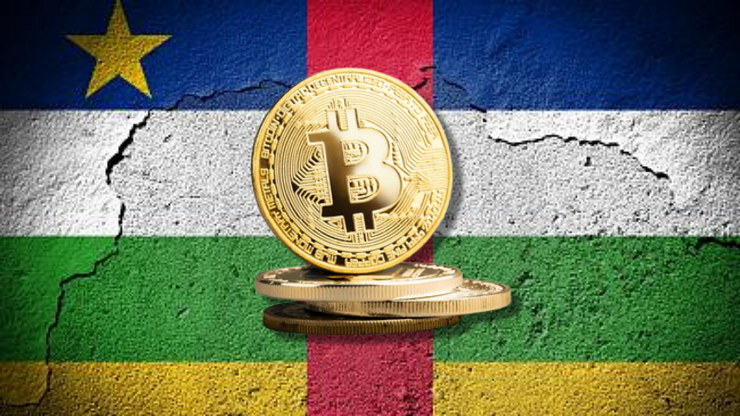The Central African Republic (CAR) has set June 21 as the launch date for its tokenised land sale. President Faustin-Archange Touadéra announced “all final checks have been completed” for the project—which has faced scrutiny over deepfake allegations and opaque wallet ownership. The smart contract is reportedly live and ready.
Over 1,700 hectares near Bossongo village will go on sale using the $CAR memecoin. The land sits 45 kilometers from Bangui, the country’s capital. Buyers can only purchase plots using $CAR tokens on the Solana blockchain.
The $CAR token currently trades at $0.056, down from its February peak of around $0.50. Market cap sits at roughly $56 million with nearly 1 billion tokens in circulation. Four wallets control over 76% of the token supply, according to blockchain data.
Touadéra launched the token on February 9 as a “national crypto experiment.” The project faced immediate skepticism when deepfake detection tools flagged the announcement video as potentially artificial. The main social media account was suspended within 48 hours of launch.
This move marks a significant test for real-world asset tokenisation in developing nations. The Real World Assets (RWA) sector has grown to over $10.62 billion across 185+ tokens, with projects like BlackRock’s BUIDL and Dubai’s real estate platforms gaining traction.
The Central African Republic previously attempted crypto adoption with “Sango Coin” in 2022, which failed to gain international support. The country ranks 171 out of 180 on Transparency International’s corruption index and struggles with foreign investor confidence.
No confirmed interface or published smart contracts have appeared yet for the land sale. The project operates under CAR’s 2023 Natural-Resource Tokenisation Law, though legal documentation remains sparse. No international agencies have validated the offering.
The tokenised plots target agriculture and construction use. Mining activities are prohibited on these parcels. The government claims early $CAR proceeds funded a $50,000 school renovation project, though public spending records remain unavailable.
The experiment joins a trend of political figures embracing cryptocurrency. US President Donald Trump launched the $TRUMP token in January 2025. The intersection of memecoins and state policy creates new precedents for blockchain adoption.
Technical infrastructure runs entirely on Solana, known for fast transactions and low fees. All $CAR trading occurs through Solana-based decentralized exchanges. The network hosts the planned NFT land titles.
Key questions remain unanswered about legal protections for international buyers. Dispute resolution mechanisms are unclear. Analysts have argued that it lacks institutional custody frameworks or public oversight bodies.
The June 21 launch will test whether blockchain technology can attract foreign investment to one of the world’s poorest nations. Success could establish a model for other developing countries seeking alternative funding sources.
Critics compare $CAR to other controversial memecoins, noting similar wallet concentration patterns and launch strategies. Supporters argue tokenisation offers transparency improvements over traditional land registries prone to corruption.
*This is a developing story. Updates will follow as the June 21 launch date approaches.
Get passive updates on African tech & startups
View and choose the stories to interact with on our WhatsApp Channel
Explore




